Tuesday, April 23, 2024
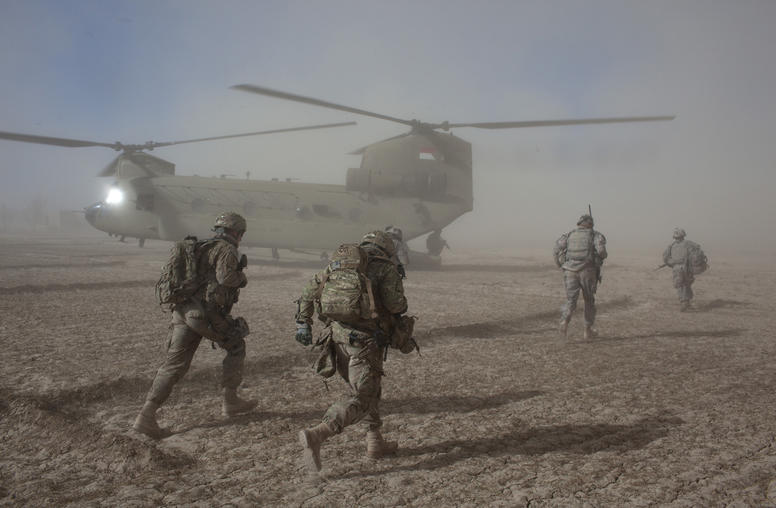
What ‘The Afghanistan Papers’ Got Wrong
The Washington Post last week published a series, “The Afghanistan Papers,” that made the case that U.S. officials consistently lied about the prospects for success in Afghanistan and deliberately misled the public. As someone with an intimate knowledge of the effort described in the reporting, there is a recurring line I find particularly problematic: that officials hid “unmistakable evidence the war had become unwinnable.” That was not the problem. The problem was that for so long many officials believed that the war was winnable.
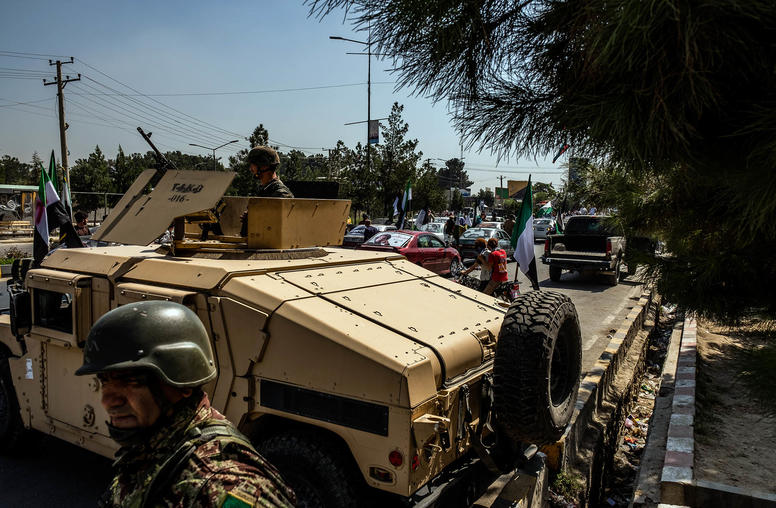
The Latest on the Afghan Peace Process: 3 Things You Need to Know
Three months ago, President Trump pulled out of peace talks between the United States and the Afghan Taliban. But, this month those talks restarted and there’s again great hope in Afghanistan that peace might be possible. Johnny Walsh explains why the talks restarted, what issues must be negotiated, and what comes next.
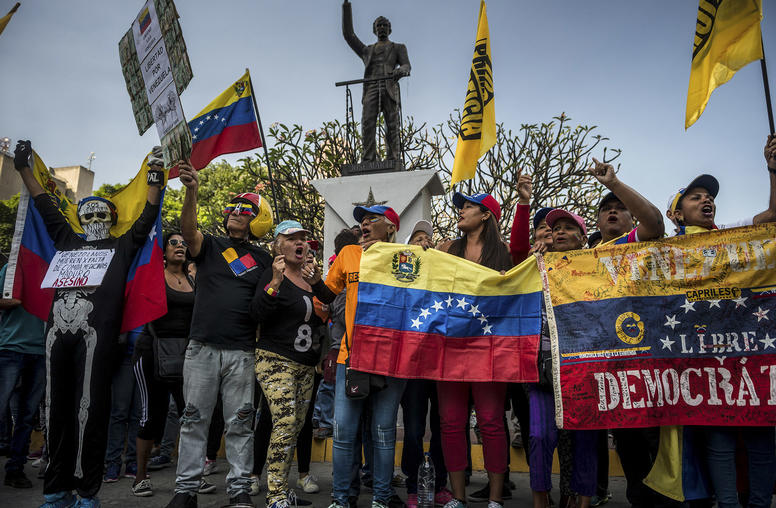
As Venezuela’s Crisis Drags On, a Champion for Peace is Lost
Venezuela is in the midst of the greatest political, economic and humanitarian crisis that the Western Hemisphere has experienced in its modern history, with over 4.5 million migrants and refugees flooding the region. Norwegian-brokered talks between the opposition-led interim government of Juan Guaidó and the regime of Nicolas Maduro have been suspended for the last four months and it remains unclear as to how and under which conditions they might resume. An uneasy stalemate has ensued as all sides try to reconfigure the internal and regional political landscapes to their advantage while social protests in neighboring countries, including most recently in Colombia, have led to an alarming increase in xenophobia against migrants and refugees.
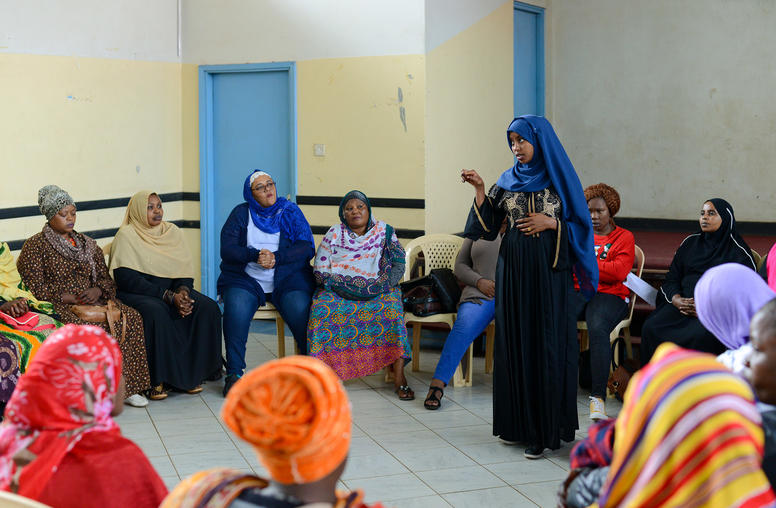
Invaluable, Yet Too Often Invisible: Time to Recognize Women Building Peace
On a recent visit to Colombia, I visited a deeply moving space for reconciliation, Fragmentos, where the guns of the FARC have been hammered into a beautiful rippling floor by many of the women who suffered terribly during the conflict. It was a powerful reminder that though women often bear the greatest burden during times of war, they are also often leaders on the path to peace. In my three decades of doing this work, I’ve repeatedly been humbled by the women I’ve met who have risked their lives and found creative ways to build peace—from women forming neighborhood councils in Syria and Iraqi women securing their legal rights through relentless efforts, to grandmothers riding around on motorbikes to intervene in local disputes in Kenya.
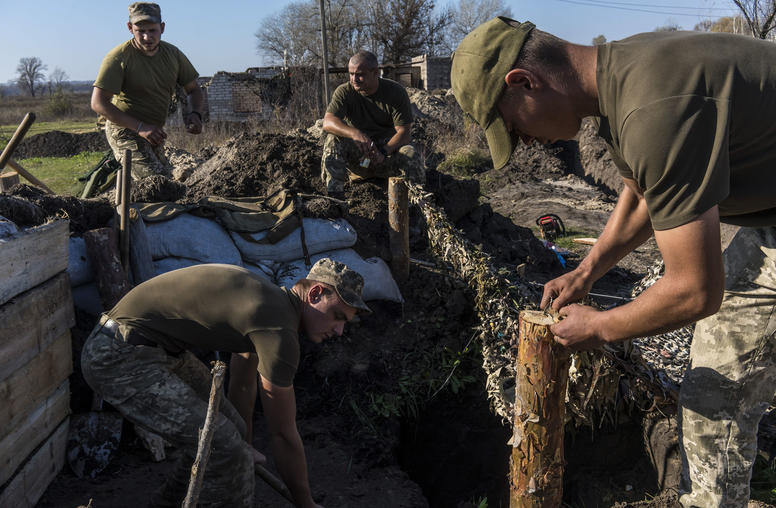
The Ukraine-Russia Summit: An Unproven Chance for Peace
The presidents of Ukraine and Russia will meet the French and German leaders in Paris December 9 to consider prospects for ending the five-year-old war in eastern Ukraine. Recent steps by Ukraine and Russia to reduce tensions highlight the summit’s potential, although questions for any real peace plan remain unanswered, most critically by Moscow. Despite signs that Russians at home are tired of the war and its costs, it remains unclear whether President Vladimir Putin might seriously consider ending his armed incursion into Ukraine’s Donbas region. But one potential benefit of the Paris summit is that his intent can be tested.
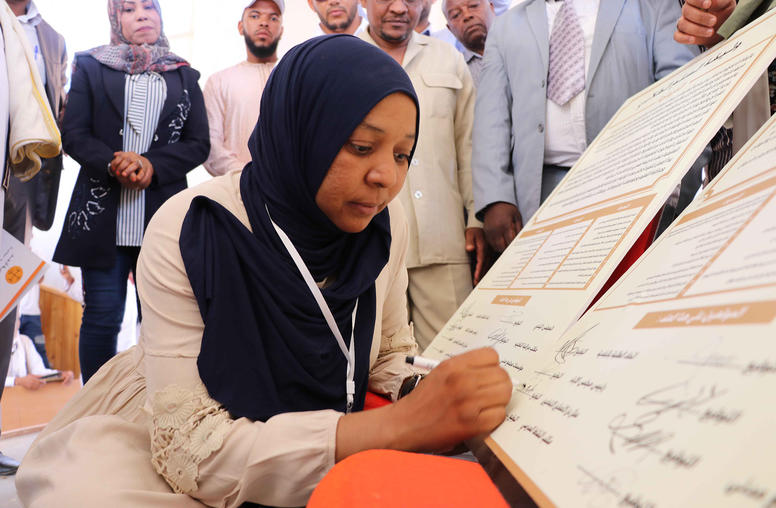
Libyan City, Primed for War, Answers Mother’s Plea with Peace Pact
When Eaz Aldin Jaray was shot dead in September in the southern Libya city of Ubari, what initially followed was typical—unfortunately—of conflicts in the lawless region in the post-Qaddafi era. The trouble had begun after Jaray, a young member of the Tebu tribe, was accused of joining tribal confederates in taking weapons from a member of the Tuareg tribe. His killing, in turn, prompted Tebu youth to kidnap a Tuareg elder, which was followed by a reprisal snatch of two elders from the Tebu. As tensions mounted in the city, which had endured a tribal war five years ago, both the Tuareg and Tebu began stockpiling weapons and scouting strategic positions for a battle.

A Veteran Who Came Home from Nagasaki to Build Peace
The U.S. Institute of Peace will join next week in America’s 100th annual remembrance of those who have served our nation in its armed forces. USIP also honors a special debt to veterans who 35 years ago led Congress in founding the Institute. In large measure, this national institution for building peace was created by those Americans who most painfully understood the costs of war. Dozens of these were World War II veterans who rose to service and fame in Congress. But we also recall less acclaimed veterans like Milton (“Mike”) Mapes, who led a citizens’ campaign to strengthen America’s capacity to build peace.
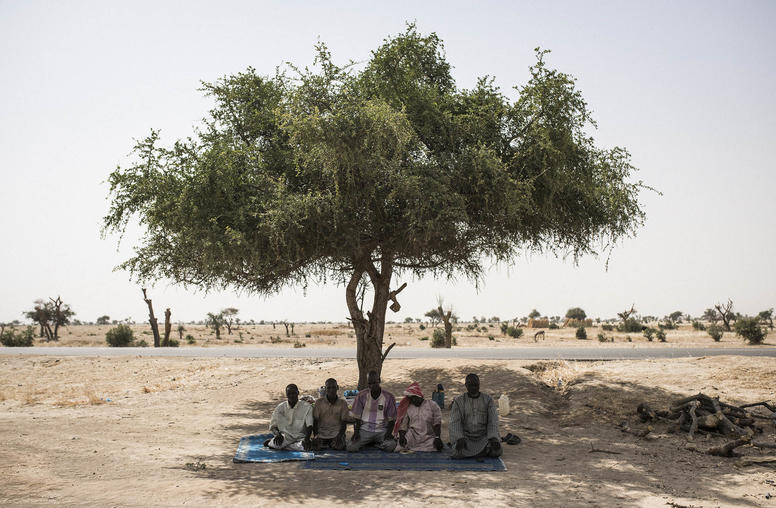
Peace in Nigeria Will Require Accountable Governance
The security crisis seizing Nigeria these days is kidnappings for ransom. A year ago, the spotlight was on violent conflict between farmers and herders. Before that, it was Boko Haram. Even earlier, it was the tensions in the Niger Delta, and so on. As Nigeria lurches from one violent conflict to another, the country’s leaders and its international supporters become easily—and perhaps understandably—fixated on the latest manifestation of insecurity. The larger problem, however, is that none of this will ever change unless the focus turns more firmly and consistently to the thread that runs through all of that upheaval: the failures of governance.
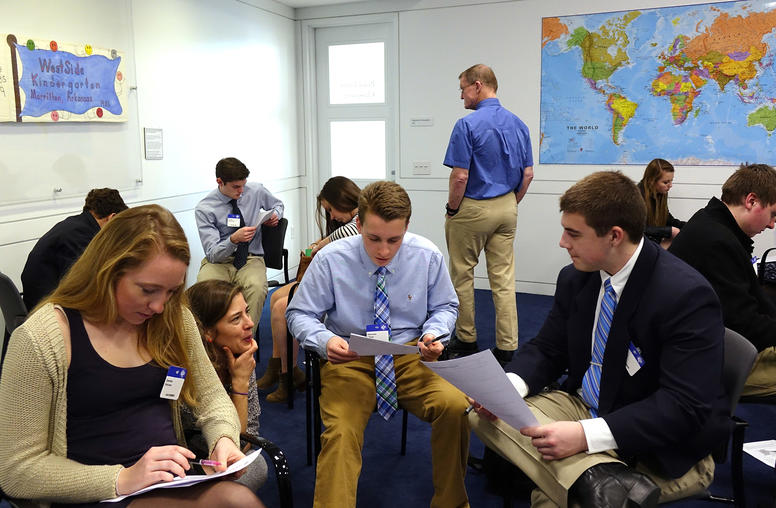
Forging Connections Between Students and Peacebuilders
While speaking to middle- and high-school students as part of the USIP and Inspired Classroom Challenge, Osama Gharizi, USIP’s senior program advisor for Iraq, said, “Next time you hear anything in the news about Iraq, which will most likely be bad, just remember that there are good stories, there is a sense of normalcy, there are positive things that are happening.”
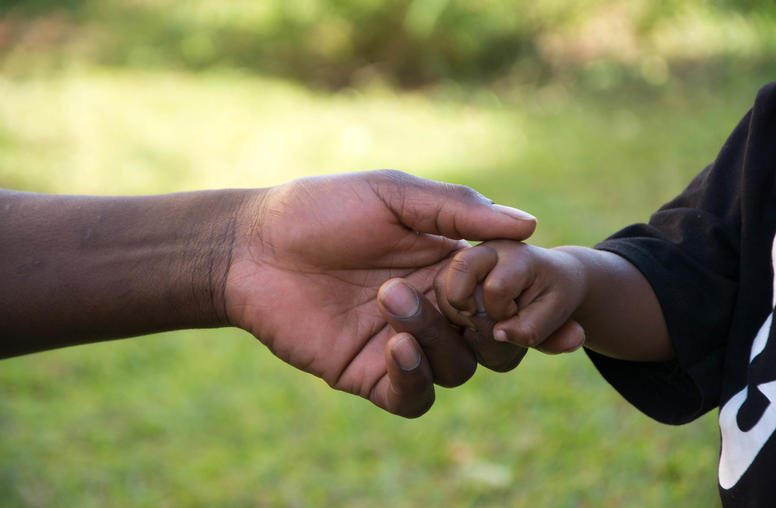
The Missing Piece: Fathers’ Role in Stemming Youth Radicalization
In countries across East Africa, youth radicalization by violent extremist groups is an ongoing threat. But the strategies and methods used to address it have been relatively narrow and the role of parents—especially fathers—is not well understood. In order to build better approaches to preventing youth extremism, we need to examine what personal and cultural factors are holding East African fathers back from engaging in prevention efforts, as well as how we can empower them to overcome these hurdles and take on a more pivotal role.
